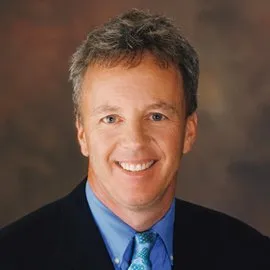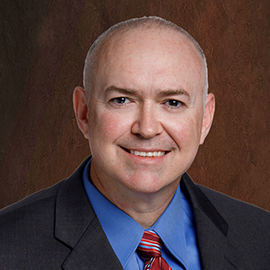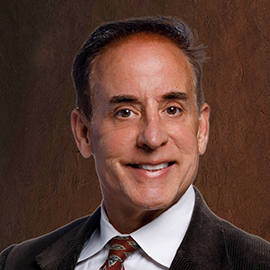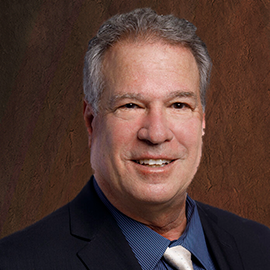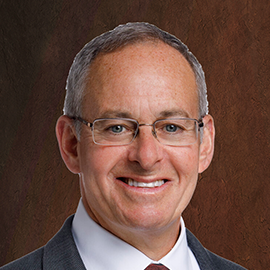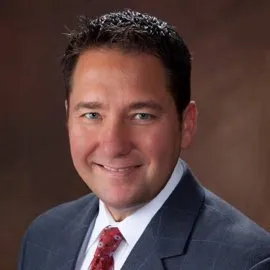Rotator Cuff Tear
What is a Rotator Cuff Tear?
A rotator cuff tear is an injury that occurs most commonly among adults above the age of 40, causing the mobility of the shoulder to be painful and limited. The injury directly impacts one’s ability to rotate and lift their arm, for the tear hinders normal movement, thus impacting one’s function in their daily life routine.
Rotator cuff anatomy consists of three bones: the humerus (upper arm bone), the scapula (shoulder blade), and the clavicle (collarbone). The upper arm fits into the shoulder socket, thus connecting the arm to the shoulder. With the two being connected, the function of the rotator cuff is crucial for arm and shoulder movement. The rotator cuff is a collection of four muscles that function together in order to keep the arm in the shoulder socket. The rotator cuff works as tendons, aiding in the movement of the arm. It connects the humerus to the shoulder blade, allowing for actions of lifting and rotating to occur. In a rotator cuff tear, the tendon becomes detached from the humerus bone. At the occurrence of this detachment, the tendon cannot function properly. Because it is no longer attached to the humerus bone, certain types of arm movements are restricted.
Types of Rotator Cuff Tears
There are two types of rotator cuff tears:
- A partial tear occurs when the tendon does not completely detach from the humerus bone. The tear occurs partially through the thickness of the tendon, leaving the tendon attached to the bone. In this type of tear, the tendon is significantly thinned, but not fully torn.
- A full-thickness tear occurs when the tendon detaches from the bone. There are two types of full-thickness tears: a full-thickness incomplete tear and a full-thickness complete tear. A full-thickness incomplete tear occurs when a part of the tendon detaches from the humerus bone, thus making the tear incomplete. A full-thickness complete tear occurs when the tendon is entirely detached from the humerus bone, for the full detachment makes the tear complete.
What are the Symptoms of Rotator Cuff Tears?
There are a number of signs and symptoms of rotator cuff tears. Some of the most common ones include pain when lifting or rotating the arm due to connection between the arm and shoulder, inability to move the arm or shoulder in full range of motion, arm weakness due to the impact of the tear on the muscle, a dull or aching sensation in the shoulder, and a cracking sensation when moving the shoulder in certain ways. In some cases, one may experience sleep disturbance with this injury, for they may feel a sense of pain when lying on or applying pressure to the affected area.
What Causes Rotator Cuff Tears?
The cause of rotator cuff tears can vary. In many cases, rotator cuff tears occur through injury and wear. Injuries that lead to a broken collarbone or a dislocated shoulder can cause tearing in the rotator cuff.
Adults of age 40 and over may experience rotator cuff tears due to wear that comes along with aging. This type of tear is often referred to as a degenerative or wear-related tear. When the tendon is worn down, tearing often results. Rotator cuff tears more commonly occur in the dominant arm; the more the arm is used, the more wear is done to the tendon. Because of the constant use and reliance on the rotator cuff, tears of the tendon tissue are more likely to occur over time. Specific to degenerative rotator cuff tears, repetitive stress on the shoulder and lack of blood supply are two leading causes.
What are the Risk Factors of Rotator Cuff Tears?
Rotator cuff tear risk factors include:
- Over 40 years of age
- Smoking
- Poor posture
- Those who have a family history of shoulder issues
Rotator Cuff Tear Treatment Options
There are two types of rotator cuff tear treatments:
- Surgical: The surgical procedure performed is arthroscopically which refers to the act of performing a procedure through small incisions. The purpose of this surgical procedure is to reattach the tendon to the head of the humerus, which is the upper arm bone. By reattaching the two, the tear is being repaired. During this procedure, a small camera is inserted through a small incision on the shoulder. Small tools are also inserted through an incision. These tools are used to remove bone spurs and to also reattach the tendon to the humerus. Recovery from this surgical procedure can take as long as a year or longer. For more serious injuries and situations, shoulder replacement surgery may need to be considered.
- Non-surgical: There are a number of non-surgical treatments for rotator cuff tears. One treatment method is physical therapy, lasting for an extended period of time, depending on the severity of the tear. The starting time for this form of physical therapy is often twice a week and decreases over time. Other non-surgical treatment methods include steroid injections that reduce pain and swelling, nonsteroidal anti-inflammatory drugs to reduce pain and swelling, and the utilization of an arm/shoulder sling. It is also important to rest the injury by limiting movement of the arm and shoulder. In doing so, the chances of worsening the injury are lessened and the injury is given time to heal.
To learn more about Rotator Cuff Tear treatment options in the Fort Myers, Estero and Naples area, contact Orthopedic Center of Florida.
Resources
- Arthritis of the Shoulder
- Frozen Shoulder and Frequently Asked Questions
- Rotator Cuff Tear and Frequently Asked Questions
- Osteoarthritis
- Shoulder Impingement Syndrome
- Shoulder Dislocation
- Glenoid Labrum Tears
- SLAP Tear (Superior Labrum from Anterior to Posterior Tear)
- Shoulder Separation
- Proximal Humerus Fracture (Broken Shoulder)
- Rheumatoid Arthritis (RA) of the Shoulder
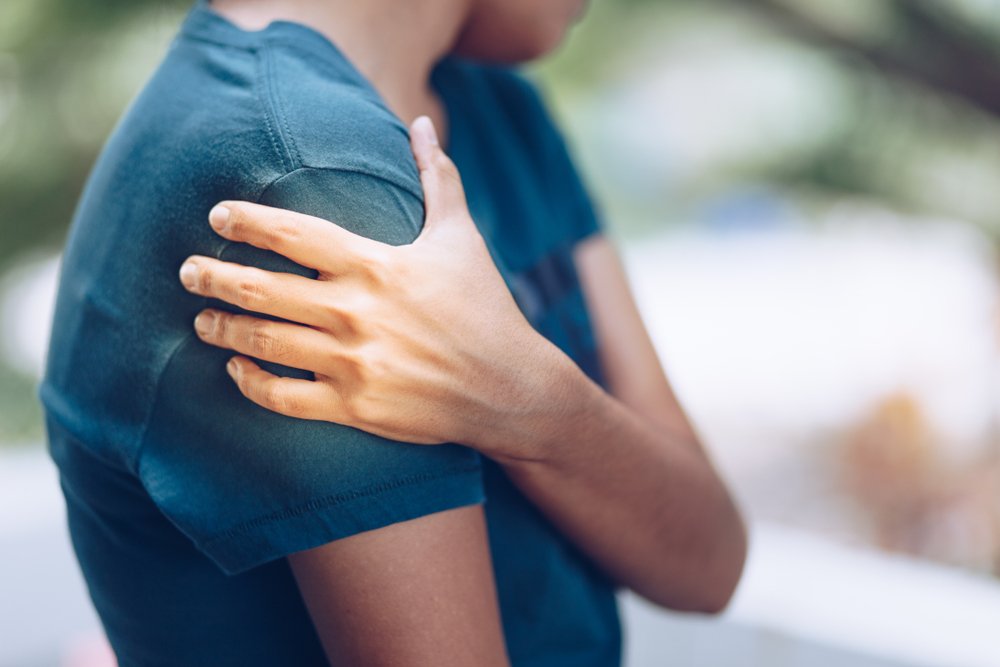
Meet our Shoulder Doctors:
Mark E. Farmer, MD
Fellowship Trained Fort Myers Orthopedic SurgeonOrthopedic Services and Sports Medicine SpecialtiesShoulder[button...
Robert Andrew Follweiler, DO
Board Certified Orthopedic SurgeonOrthopedic Services and Sports Medicine SpecialtiesShoulderDislocations & Labrum...
Ed Gomez, MD
Board Certified Orthopaedic SurgeonOrthopedic Services and Sports Medicine SpecialtiesShoulder[button...
David Heligman, MD
Board Certified Orthopedic SurgeonOrthopedic Services & Sports Medicine Specialties[button...
George Markovich, MD, FACS
Board Certified Orthopedic SurgeonAdult Joint ReconstructionShoulder...
John N. Mehalik, MD
Board Certified, Fellowship Trained Orthopedic SurgeonOrthopedic Services and Sports Medicine SpecialtiesShoulderFrozen Shoulder (Adhesive...

